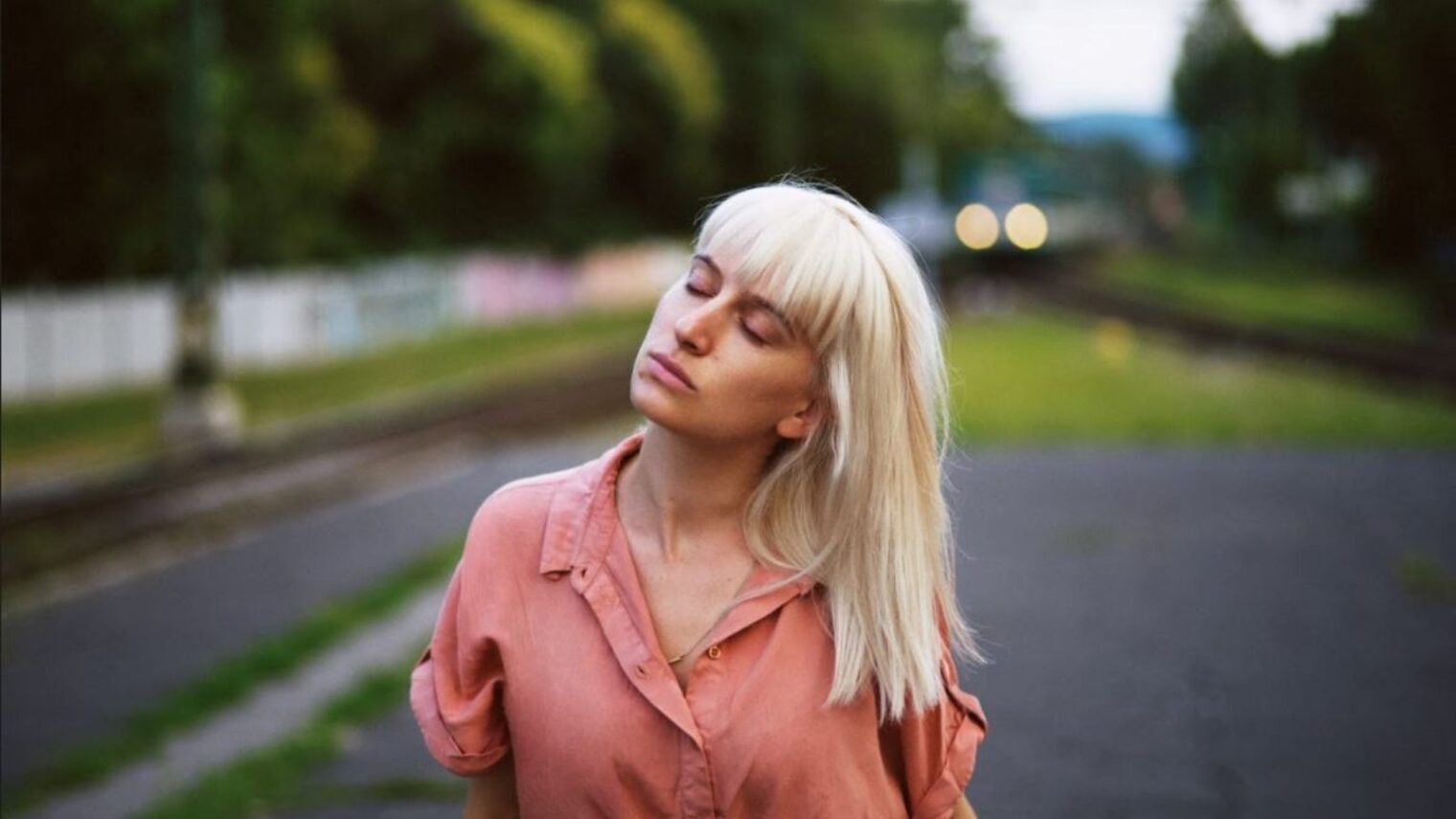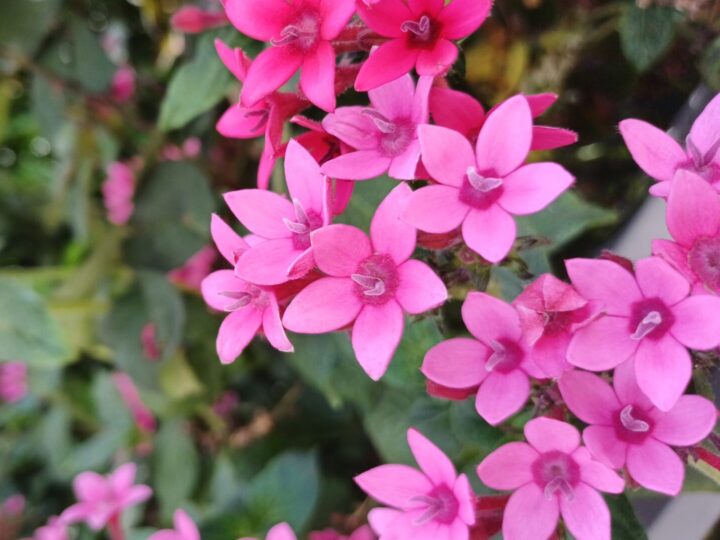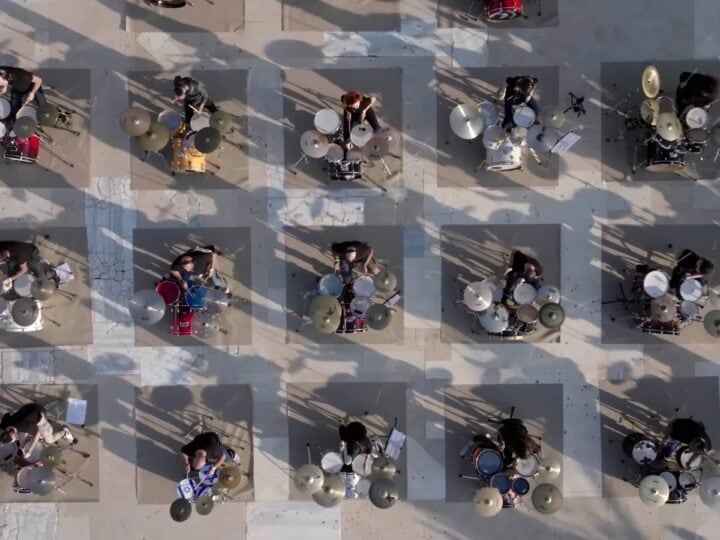Let’s say your livelihood, career and very dreams depended on meeting as many people as possible in crowded venues night after night. What happens when a global pandemic puts a stop to that?
This was the question facing Israel’s indie musicians when Covid struck the country, bringing the local music industry to a grinding halt as shows were cancelled, venues shuttered and musical tours became but a distant memory.
The past months have been hard for the artistic community, with many musicians, sound technicians, stagehands and others finding themselves unemployed.
And yet, the local indie music scene is still alive and kicking, albeit in a slightly different manner.
With shows out of the question for the time being, many artists are busy offstage creating new materials, and some aren’t waiting for the pandemic to pass before releasing them.
“There were the stages when it all began that people thought, ‘Alright, we’ll postpone the album or single release for a moment and wait until it will be possible to do a show and debut properly,’” explains Chen Litvak, presenter and editor of a radio program on the alternative KZradio channel.
“Recently we’ve been seeing that this whole thing of waiting for it to be over before releasing is over,” she says. “No one is committing anymore to a date, to a location. It’s just become impossible to do these things with any kind of knowledge.”
The Second Wave
The biggest indie release during the pandemic has been HaGal HaSheni (The Second Wave), a double album featuring around 100 participants that was masterminded by musician Roy Rieck.
“It started out at the beginning of the first lockdown. I intended to follow my wife to her doctorate at Princeton and the plans were pretty much cancelled with the beginning of lockdown. I, like everyone else, was bummed out by the situation,” Rieck explains.
A member of indie band Acollective, now on hiatus, Rieck began turning to people he’d worked with over the years.
“I’ve always had this desire to create a project, to make people collaborate. The idea was to create from home, but together. I asked everyone to send me something. Each one sent an idea, a beat that they created, a text that they’d written,” he says.
“I started turning these into a parcel passing between everyone; each person received an idea that someone else brought up. It’s kind of a documentation of this time period in all its aspects, of the pandemic, the protests, the implications for our livelihood and private lives,” he adds.
The result is a truly collaborative endeavor featuring both high-profile and lesser-known indie artists that is now available on YouTube and Spotify.
Tunes for Emergencies
Another project that created a snapshot of these corona-ridden times is Tunes for Emergencies, a smaller-scale collaboration between mostly female indie artists brought together by singer Noam Sadan, who’s known professionally as Nomke.
“I think that the moment the first lockdown began a lot of us simply found ourselves with lots of time on our hands and also without much ability to make a living, so it made us stop all the projects we had up until that point and understand how to do things differently,” she says.
Doing things differently, she notes, included artists producing their songs on their own, sans producer, or lowering costs by renting out recording studios together. “We tried to be as creative as possible and to create with what’s called corona budgets,” she says.
The results were also unique to corona.
“I think that as artists, our filter is one of creating and writing about what’s happening to us and what’s preoccupying us. You find yourself with songs that were written in a very specific period,” Sadan says. “They’re not summer hits.”
Trying to break in
While existing artists are finding these pandemic times tough enough, new ones trying to break through are facing other challenges.
“We started working right when the situation began deteriorating and when it became clearer what was happening,” says Yael Copeland from the bright new band Borito.
“The advantage, as much as you can call it that, of this time period is that there’s social media and that’s our way of communicating with the audience and we really are focusing there,” she explains.
Borito has released two singles and there’s a debut album coming out soon.
“You really can still create content and do things that are special,” Copeland notes. “You can insist on continuing to create culture in an independent way.”
Even so, people in the music industry are struggling.
“You can see the other side of many indie artists, whether it’s those who went into high-tech and retraining, or those trying to make a living and survive,” notes radio presenter Litvak. “People have simply been left without employment these months.”
She thinks the real test will be when things open up again. “There was the short respite when things were open and you could see that the crowd was there.”
















